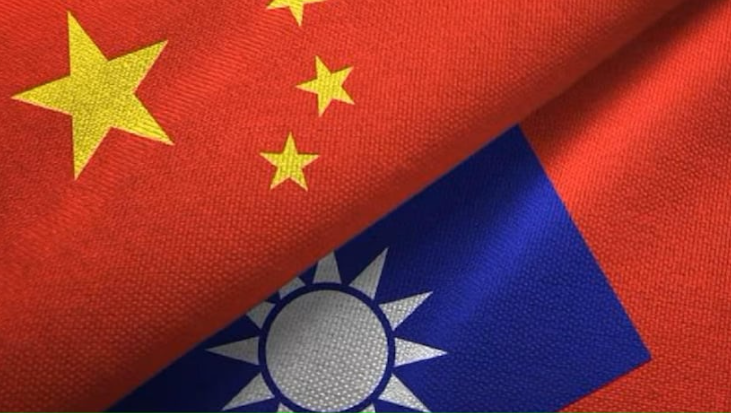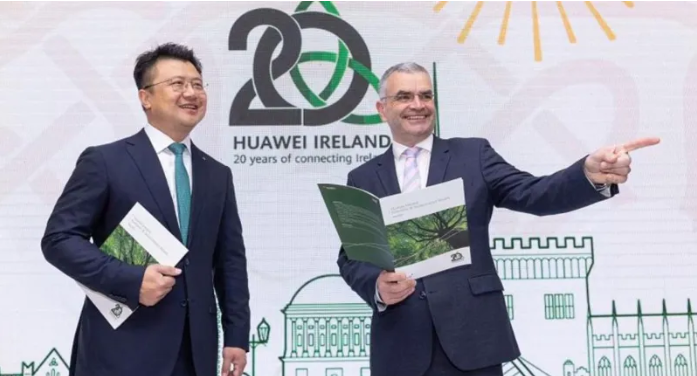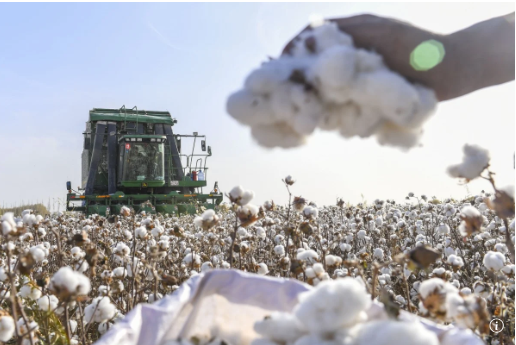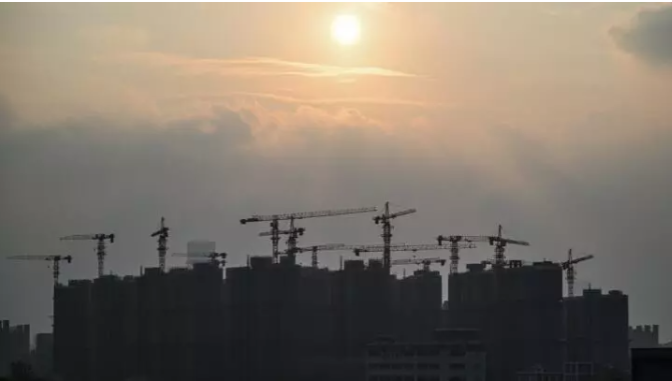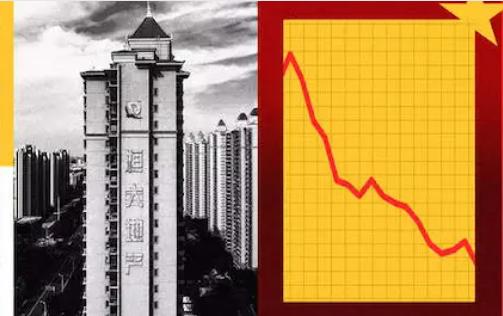China has been shooting repeated missile tests, according to Taiwan’s defense ministry.
Taiwan's Defence Ministry said Sunday it detected multiple waves of missile firings within China, days after Beijing said it successfully fired an intercontinental ballistic missile into the Pacific Ocean.
The ministry said in a statement that the missile firings were carried out by China's Rocket Force and the Chinese military in Inner Mongolia as well as Gansu and Qinghai provinces and the Xinjiang region in western China.
Taiwan said it would continuously monitor developments and that its air defences would maintain a high level of vigilance and alert.
China views the self-ruled island of Taiwan as a renegade province that must come under its control, by force if necessary. Taiwan closely monitors China's military activity, and China has in recent years ramped up drills around...
